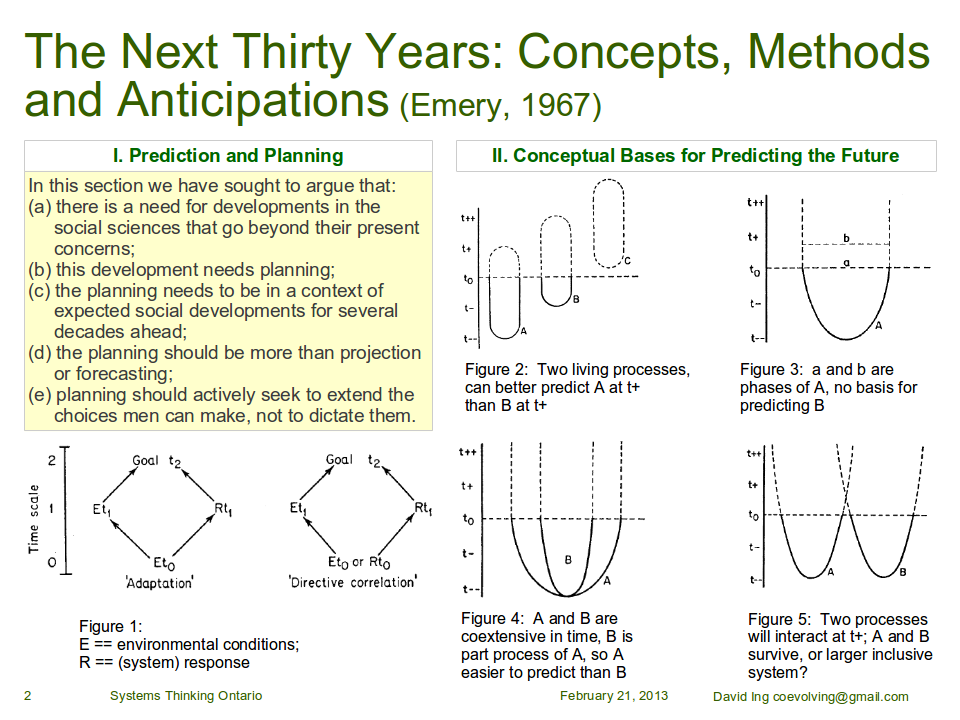When asked “what is a system?”, a deep systems thinker may hesitate to respond. He or she may be reflecting on whether the response should be “what does a system mean to you?”, or “what should a system mean to me”? The systems thinker recognizes that meaning comes in a context, and is therefore associated with a system of ideas held by an individual (i.e. me or you) occurs within an environment (i.e. my experience or your experience).
In parallel, consider the question “what is a mother”? If the questioner is asking for a thoroughly researched answer, perhaps the Oxford Dictionary definition for mother will be helpful.
mother
1. a woman in relation to a child or children to whom she has given birth:
‘a mother penguin’
‘a mother of three’2. (Mother, Mother Superior, or Reverend Mother) (especially as a title or form of address) the head of a female religious community.
3. vulgar slang , chiefly North American short for motherfucker.
On the other hand, the responses to “what does a mother mean to you?” and “what does a mother mean to me?” draws on human experience. Every baby knows what a mother means to him or her, before language — or even coherent thought — develops. For that question, perhaps a poem serves better. Here’s one from Francis Cardinal Spelling (who was first named as Francis Joseph Spellman) .
… Read more (in a new tab)What is a mother?




